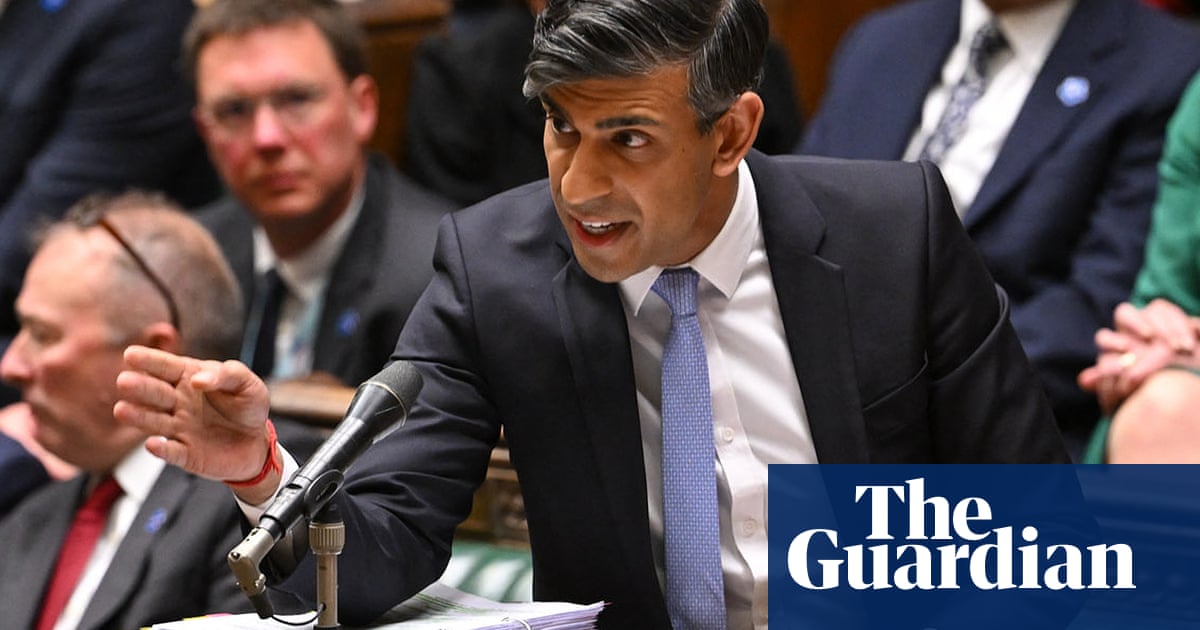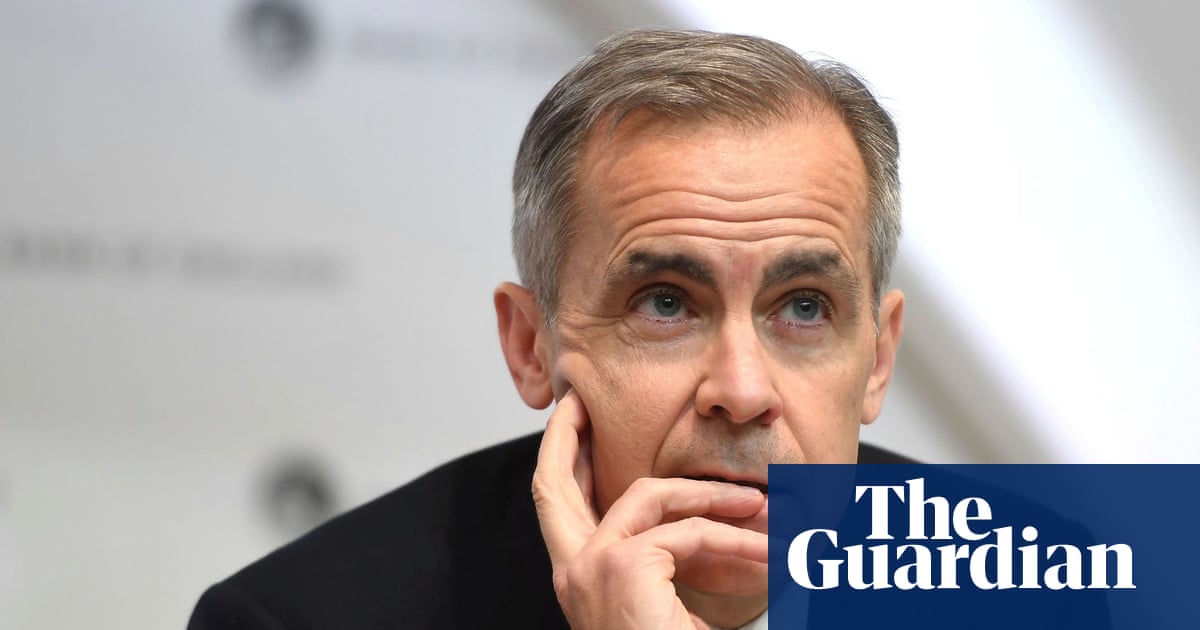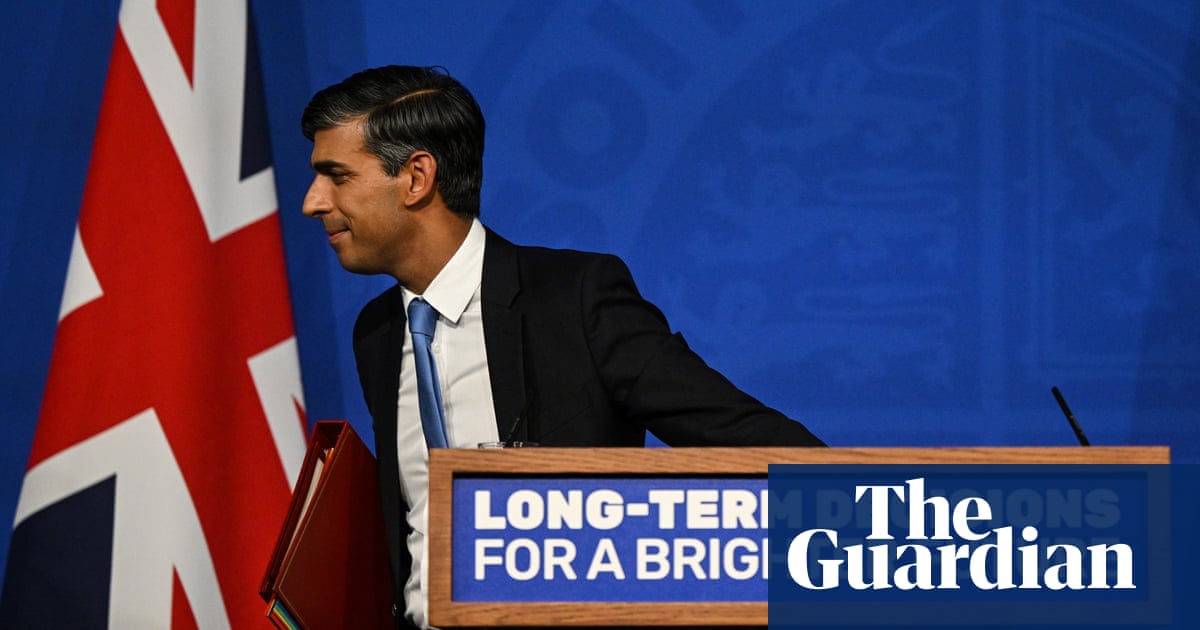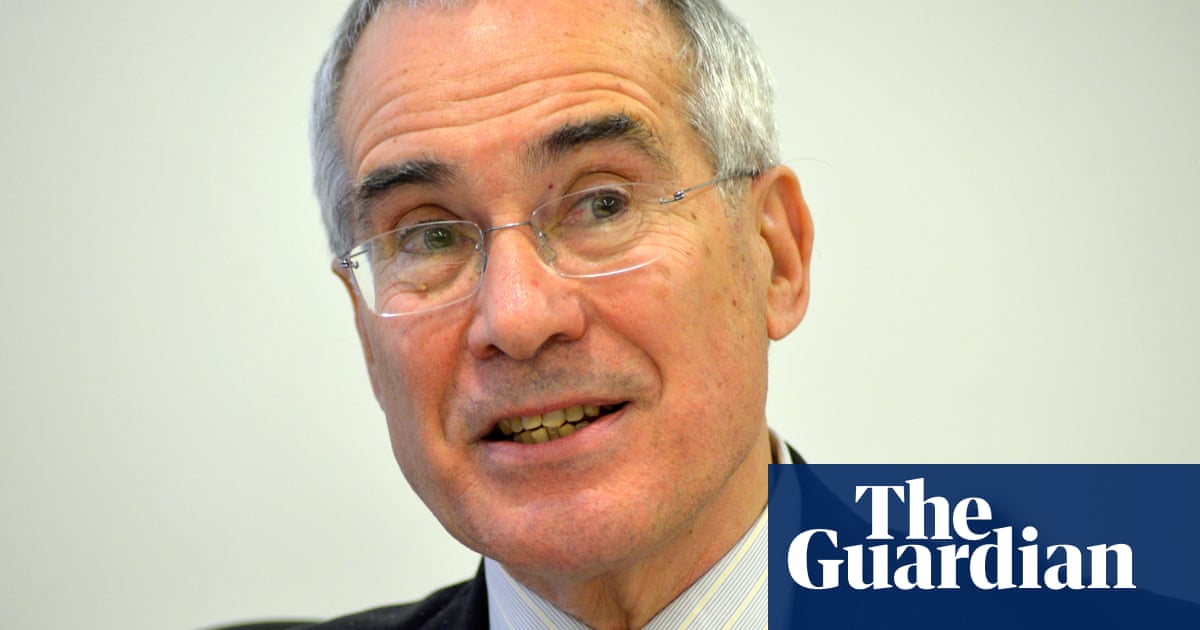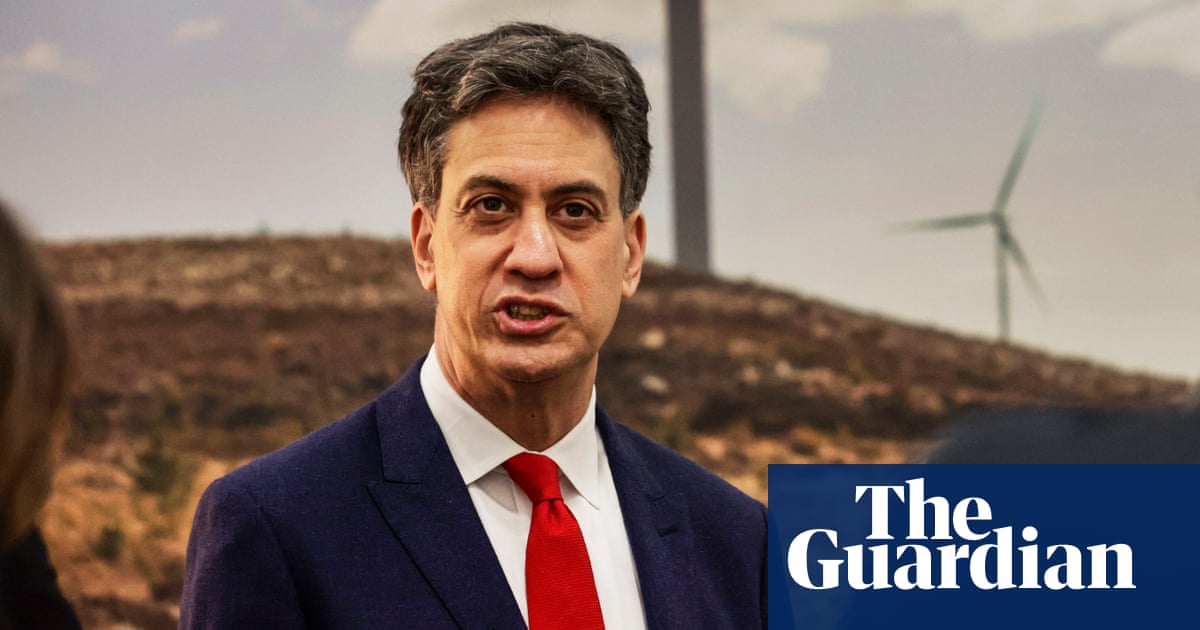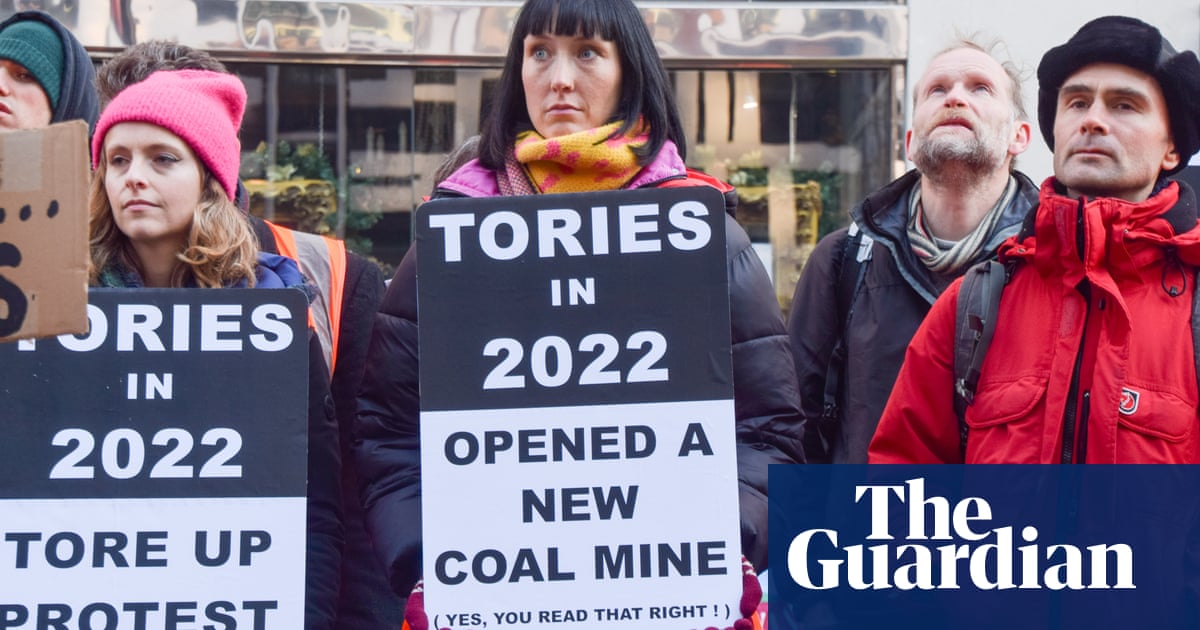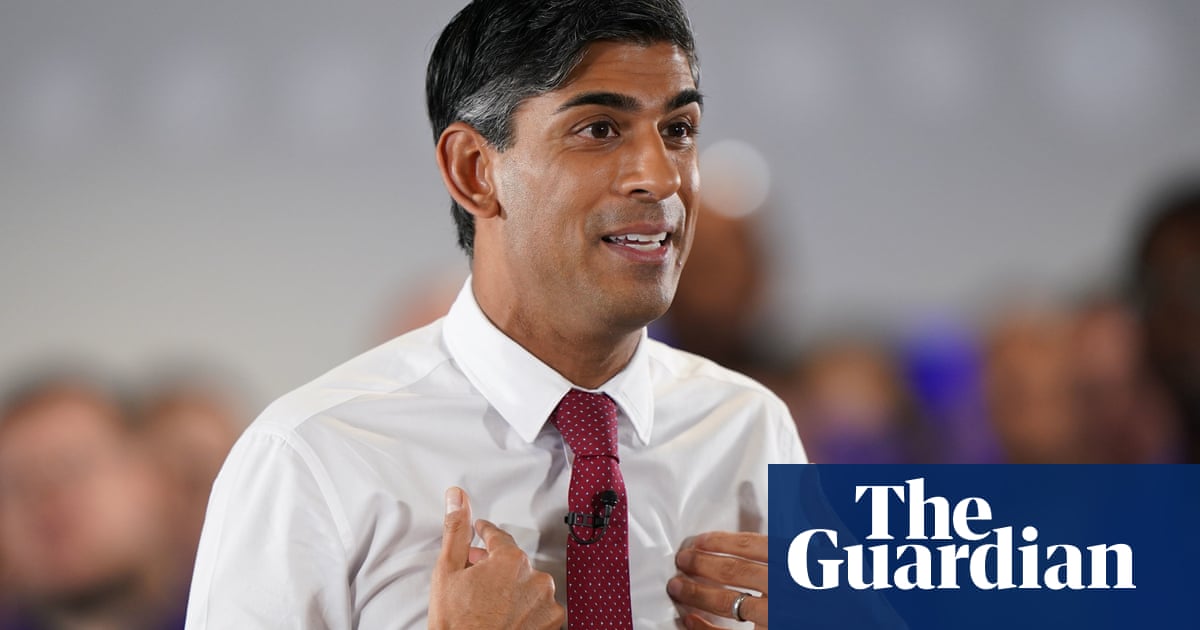
Rishi Sunak’s reversals on key climate policies have damaged the UK’s ability to meet its carbon-cutting goals and will keep energy bills high for millions of households, with the effect of “making net zero considerably harder to achieve”, the UK’s climate watchdog has warned.
Rowing back on policies to phase out gas boilers and petrol and diesel vehicles, and the general sense that the government is “weakening its commitments” to shifting to a green economy, have also harmed the prospects of inward investment into the UK, and sent adverse signals to consumers, businesses and other governments.
Scrapping plans to force landlords to improve the energy efficiency of rented accommodation will also cost renters about £325 a year in higher bills, the report found.
In a damning verdict on the prime minister’s announcements last month, the Climate Change Committee (CCC) warned of a “substantial policy gap” that was putting the UK off track to meet its crucial 2030 carbon targets.
Piers Forster, the acting chair of the CCC, said: “The prime minister has relaxed important policies to decarbonise buildings and transport and sent a message to business and the international audience that he will allow more time for the UK to transition to key clean technologies.”
He added: “We remain concerned about the likelihood of achieving the UK’s future targets, especially the substantial policy gap to the UK’s 2030 goals.”
The CCC found there were “insufficient” plans to meet about a fifth of the emissions reductions required by 2030 to hit the government’s international goal of cutting carbon by 68% by 2030, compared with 1990 levels.
Renewable energy is another source of concern, as no contracts were awarded at the last auction for offshore wind developments last month, as wind companies turned away from the UK.
Labour has said that if elected it would restore some of the previous policies, such as the former 2030 deadline for phasing out fossil fuel cars, but there are question marks over the proposed phase-out date for gas boilers.
But Ed Miliband, the shadow secretary of state for net zero, told the Guardian that Labour would commit to stringent action on emissions and investment in green growth, which he has said are the only way to tackle the cost of living crisis.
He said: “This is damning evidence from the government’s own watchdog that Rishi Sunak’s decisions to force renters to live in damp homes and delay the transition to electric vehicles will increase costs for families across Britain. This report also confirms that this government is seriously off track to meet its climate targets, storing up costs and damage for future generations. The Conservatives have no solution to the cost of living crisis, and Rishi Sunak is only raising bills and making Britain more insecure.”
The statutory adviser’s assessment of Sunak’s U-turns, published on Wednesday, also criticised the government’s “unhelpful” failure to make any estimates of the likely impacts of the policy changes on the UK’s ability to meet its legally binding carbon budgets, and to provide essential detail on the changes.
There were a few words of praise amid the criticism, for instance over the government’s support for electrification of the steel industry at Port Talbot, and the decision to retain a 2030 target for 80% of new vehicles sold to be electric, despite postponing the phase-out of sales of new fossil fuel cars by five years to 2035.
Ministers also set out measures that would raise the price for carbon emissions under the UK’s emissions trading scheme, which the CCC said would have a positive effect, though it was “at the looser end” of the possible range.
Forster also noted that the government’s actions would have an impact on Cop28, the crucial UN climate summit that begins late next month. “Our position as a global leader on climate has come under renewed scrutiny following the prime minister’s speech. We urge the government to restate strong British leadership on climate change in the crucial period before the next climate summit, Cop28 in Dubai,” he said.
Green experts and campaigners called for Sunak to change his stance.
Danny Gross, a climate campaigner at Friends of the Earth, said: “This assessment highlights the glaring inconsistencies between the government’s rhetoric and action. Rishi Sunak has said he will honour his commitment, made at the Cop27 climate talks in Egypt, to cut the UK’s carbon emissions by over two-thirds by 2030. His climate advisers are telling him loud and clear that his plans just don’t add up and the target will be missed.”
He added: “The prime minister is scrapping policies that would reduce harmful emissions and cut sky-high energy bills. He claims his government will be one of integrity, so he should stop trying to pull the wool over people’s eyes by pretending he can deliver on promises with a climate plan that’s just not up to scratch.”
Jess Ralston, an energy analyst at the non-profit Energy and Climate Intelligence Unit, said Sunak’s policy rollbacks had left the UK more dependent on imported oil and gas, and that the failure of the offshore wind auction would mean people’s energy bills would be £1bn higher than necessary. She added that there was damaging lack of clarity over many of the policies.
“By failing to prepare for off-gas grid boiler phase-out – a policy that would have affected 0.2% of homes a year from 2026 – the seeds of confusion are sowed not only with homeowners but with investors too who are seeking to build new, clean industries as the UK tries to compete in the global race for green growth,” she said.
A government spokesperson said: “The UK remains a global leader on climate – cutting emissions faster than any other G7 country – so we are confident that we will meet our future carbon commitments, including net zero, just as we have overdelivered on every carbon target to date. We are taking a fairer and more pragmatic approach to meeting net zero that eases burdens on families – saving households up to £15,000 on upfront costs to upgrade their homes.
“We will continue to meet our international commitments under the Paris agreement, while embracing the opportunities of clean industries – supporting thousands of British jobs, driving economic growth – while protecting national security and bringing down energy bills in the long term.”




